
OR
BLOG
Can the Medico-legal examinations of Nepal be trusted? Here is the current scenario
Published On: January 24, 2024 10:30 AM NPT By: Dr Sandesh Lamsal

The medico-legal examination is a crucial aspect of the judicial system in any country. Such examinations are done to investigate a person’s body to determine the cause of injury or death for legal proceedings. The fate of a culprit is dependent on the result of this examination. There is a provision in the constitution of Nepal that medico-legal examinations should be performed only by a forensic expert doctor or a medical officer with specific medico-legal training. However, the training and knowledge of medico-legal examination is very limited in Nepal and this is a matter of serious concern.
Above 80% of postmortems in India are found to be performed by trained and non-medical personnel working in the hospital. This kind of practice is observed in many hospitals due to the lack of well-trained expert doctors in the medico-legal aspect or the negligence of doctors due to the work burden. Such behaviors have led medico-legal examinations to a situation where many cases are decided based on assumptions of medical personnel, or incomplete or inaccurate medical reports.
In Nepal, the doctor-patient ratio is 5 times less than the recommendation of the World Health Organization. In such a scenario, it will be a matter of a joke if we see the ratio of forensic experts and medico-legal trained doctors in Nepal. The research in Nepal suggests that there are only about 50 forensic medicine experts currently serving a population of more than 30 million. The National Human Rights Commission of Nepal has also frequently raised its concern about the shortage of medico-legal-trained doctors which has created a backlog of cases in different parts of Nepal, which as a result has created delays in the delivery of appropriate justice leading to the forceful practice of medico-legal examinations among non-trained and even non-medical personnel.
Not only the shortage of medico-legal-trained doctors is an issue in Nepal. There should always be a serious concern about the level of training and knowledge of these doctors. According to the World Health Organization, the quality of medico-legal examination in Nepal is very poor. It takes about 5-6 months in Nepal for the samples to be tested and prepare the report. Anything can happen to these samples during such a long period. We frequently hear news about the ignorance done while collecting samples from the respective hospital as well as in the Central Police Forensic Laboratory and the National Forensic Laboratory while testing samples. Talking about this with Dr Shraddha Lamsal, she says “There had been many reports where the samples were tampered within labs or on the way to lab despite our best efforts to make the investigation fair for creating a significant influence on the judicial system too.”
The Government of Nepal should provide formal medico-legal training to the doctors, police officers, advocates and judges as all of them play a crucial role in this process. The government should prioritize increasing the number of doctors and provide them with a high standard of medico-legal training especially in rural areas where the shortage is more prominent. If this is not done on time, someday even I might also be found doing medico-legal examinations of the patients without any training, which is the bad fate of the government. It is not a matter of secret that many doctors are being forced to perform medico-legal examinations even without general medico-legal training.
According to research done in Nepal, it was found that only 14.3% of medical and 7.6% of dental professionals had awareness regarding the medico-legal programs. Due to the shortage of trained doctors and lack of awareness about medico-legal examinations among regularly practicing doctors, a situation has been created where many cases are decided based on incomplete or inaccurate medical reports leading to injustice to many victims. The judicial system in Nepal is also suffering significantly due to these problems, and the public trust in this system is decreasing. It has not been too late to take a few steps to solve this issue and ensure that justice is delivered accurately and timely.
You May Like This
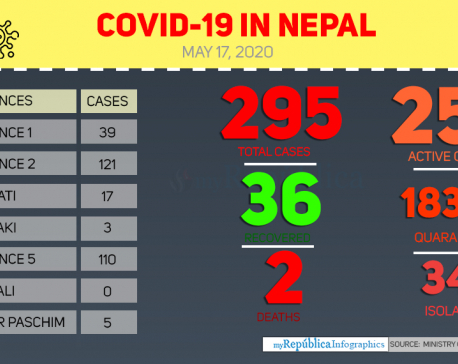
Health ministry confirms three new COVID-19 cases, number of total cases reaches 295
KATHMANDU, May 17: Nepal reported three new cases of COVID-19 on Sunday evening, taking the national tally to 295. ... Read More...
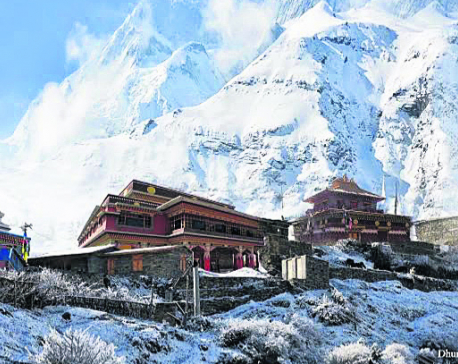
Dhurmus, Suntali to build ‘a Nepal within Nepal’
KATHMANDU, June 5: After successfully completing three settlement projects for earthquake victims and other communities, the actor couple Sitaram Kattel (Dhurmus)... Read More...
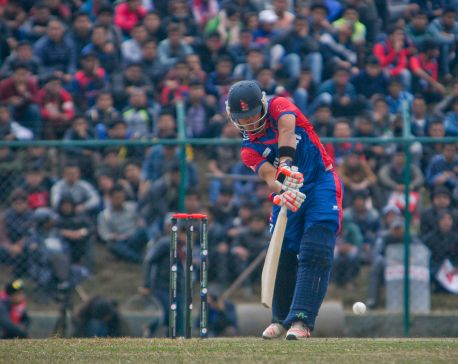
Nepal vs Kenya: Five crucial things Nepal looks for second match
KATHMANDU, March 12: Nepal is taking on Kenya on Monday in the second match of the ICC World Cricket League... Read More...


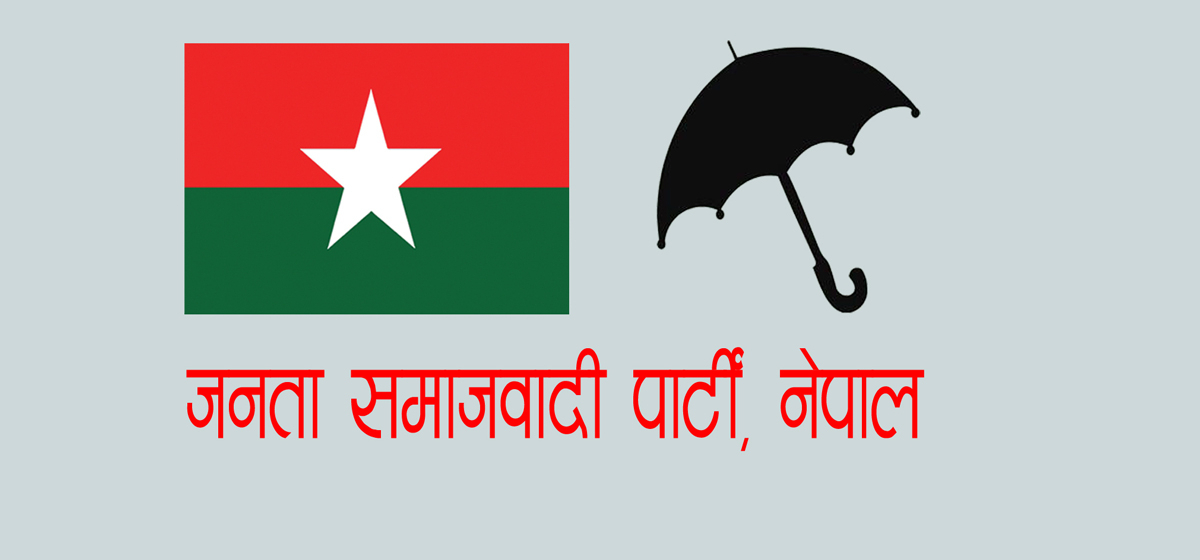

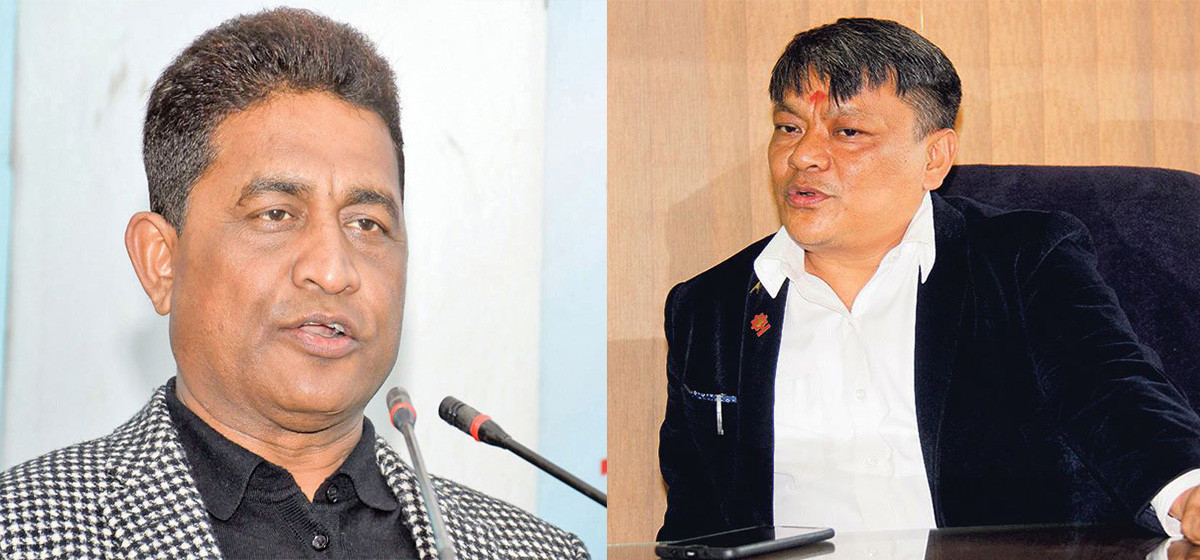
Just In
- JSP Central Executive Committee meeting being held today to discuss national convention representative election guidelines
- KMC adjust office hours, services now start at 9AM
- Five-match T20 series: first match between West Indies 'A' and Nepal starts today
- Govt yet to pay Rs 60 billion to contractors
- Nepal’s poorest district identified as Bajura, richest as Mustang
- Wind storm likely at a few places of Koshi and Sudurpaschim
- EVs adoption in Nepal surge in Nepal with government support measures
- Mayors' Forum urges Finance Minister Pun to settle electricity dues










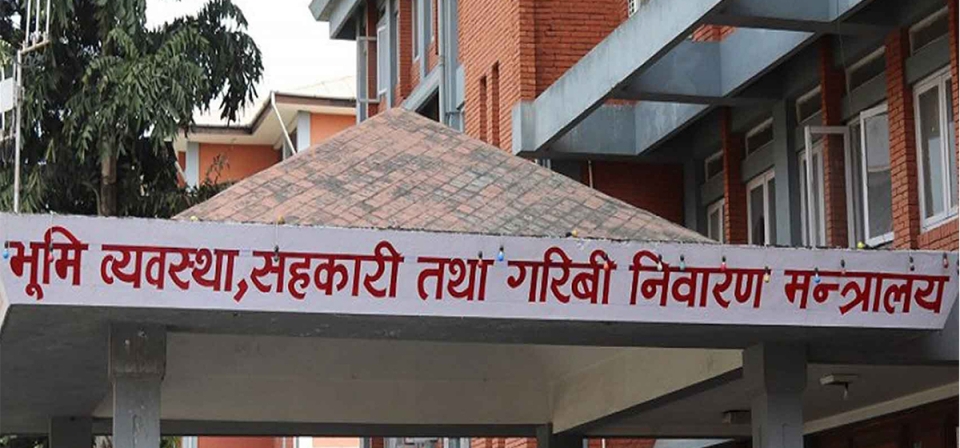



Leave A Comment